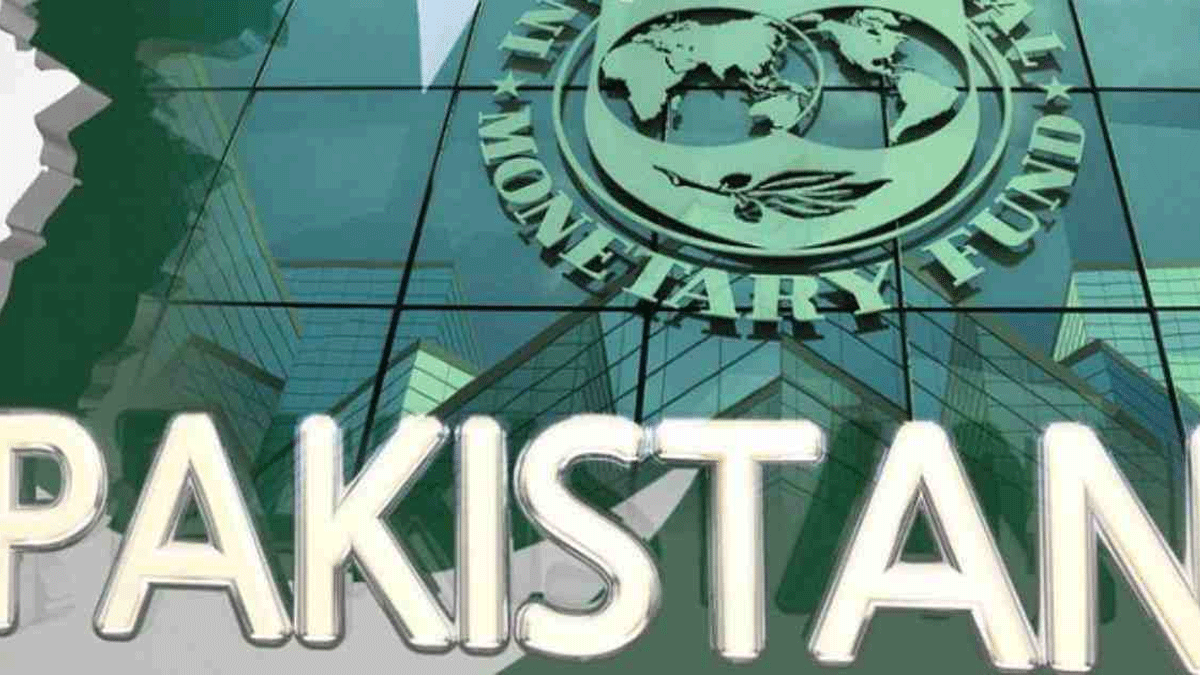The International Monetary Fund (IMF) has confirmed that it had agreed to a staff-level agreement with Pakistan on the mutual seventh and eighth reviews for a $6 billion loan facility, a development that makes the way for the release of the long-awaited $1.17 billion.
The deal was done after Pakistan met the IMF’s demand that the country would attain a primary budget surplus of Rs 152 billion for the revival of the bailout package.
In a statement issued on its website, the IMF stated that the agreement was forwarded for approval by its Executive Board.
“The IMF team has reached a staff-level agreement (SLA) with the Pakistan authorities for the conclusion of the combined seventh and eighth reviews of the extended funded facility (EFF) supported program. The agreement is subject to approval by the IMF’s Executive Board,” the statement read.
Read more: Govt trims armed forces development budget by Rs 72 billion on IMF’s demand
IMF statement further added: “Subject to Board approval, about $1,177 million (SDR 894 million) will become available, bringing total disbursements under the program to about $4.2 billion.”
According to the sources, the international money lender stated that a team headed by IMF Mission Chief to Pakistan Nathan Porter concluded the negotiations with Pakistan and that it had also approved to consider extending its EFF (currently worth $ 6 billion) till the end of June 2023, in addition boosting it by $720 million to increase its size to $7 billion.
Moreover, the IMF’s statement comes a day when Finance Minister Miftah Ismail that talks with the money lender had concluded.
“I want to thank the prime minister, my fellow ministers, secretaries, and especially the Finance Division, for their help and efforts in obtaining this agreement,” Miftah said.
Meanwhile, in the statement released today, the Fund said that Pakistan was at a “challenging economic juncture”, adding that “A difficult external environment combined with procyclical domestic policies fuelled domestic demand to unsustainable levels.”
“Greater exchange rate flexibility will help cushion activity and rebuild reserves to more prudent levels,” the Fund noted.





















